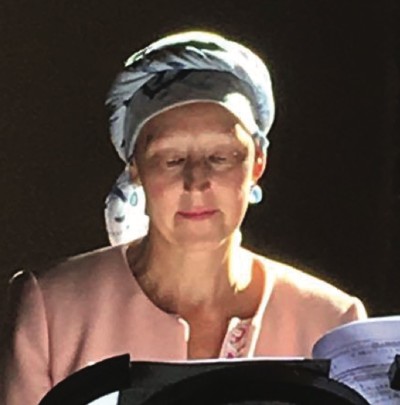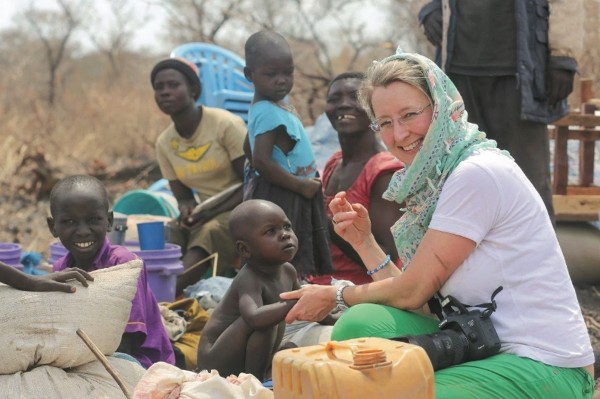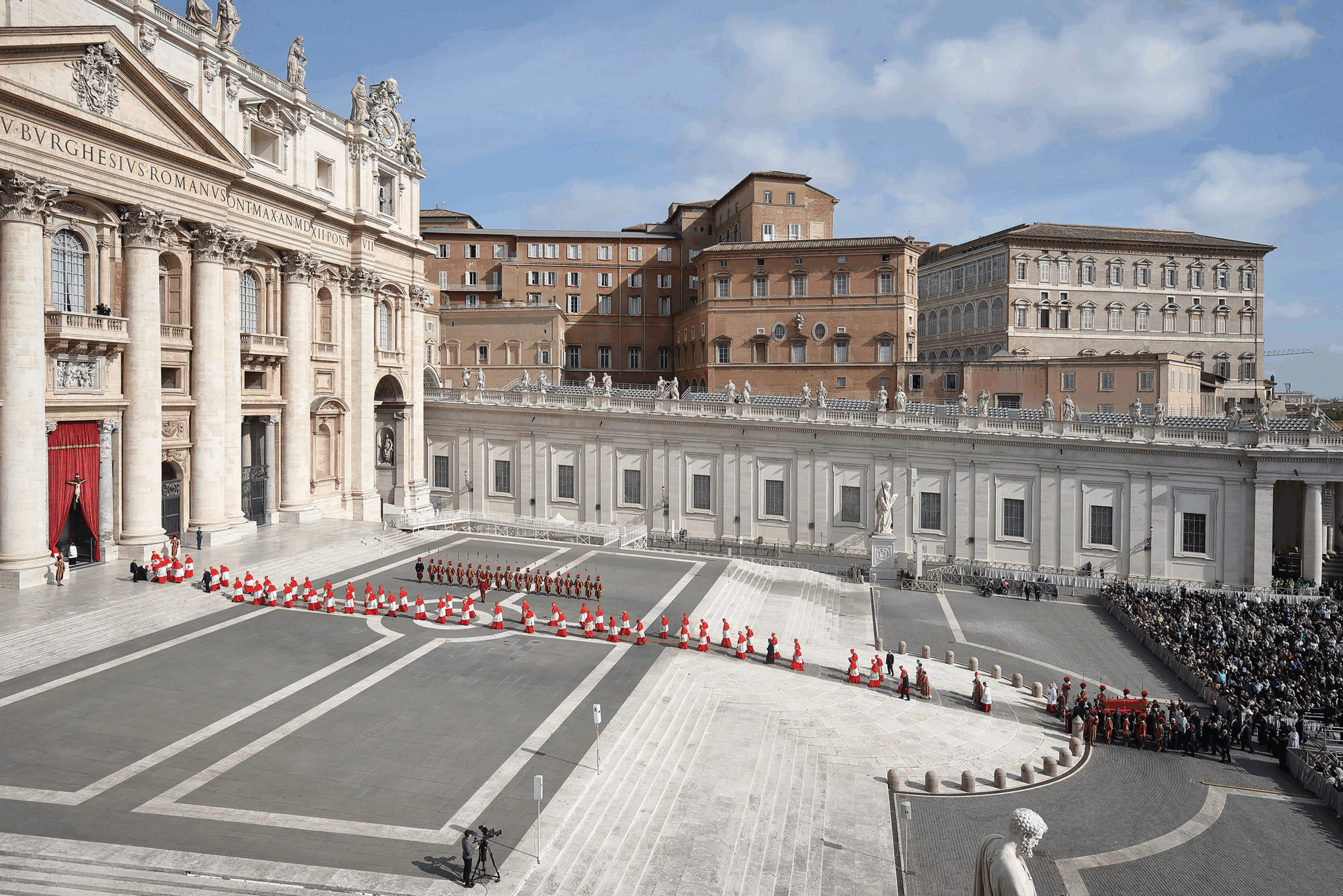Ten Who Shine
Catholics who showed us the good and beautiful in 2022
In this issue, we spotlight ten Catholic individuals who “made a difference” in 2022 –– and beyond. Five of them are members of the Catholic clergy, men whose ordination has deepened and broadened a life-long desire to serve Christ and their fellow men by offering their entire lives to Him. Their life’s work has been infused with the grace of the Gospel, transforming them to love and serve others because they were first “captured,” falling in love with Jesus Christ, the Son of God.
Five of them are lay people who, like most of us, must struggle every day in between “the world” and “the Church,” to keep that love burning. Each of us desires to shine a light on something good and beautiful that God has given us in this time, and that modern man in all his troubles and sorrows and confusion needs. The lay people we have chosen have done that. Join us in saluting our “Top Ten” of 2022!
 Marie Czernin
Marie Czernin
Breathless: Memories of Marie Czernin
A German editor recalls an Austrian woman who first welcomed him to Rome
Marie Czernin, 51, died in Vienna, Austria, on October 28, 2022, after a long struggle with cancer. A daily rosary prayer group of some 300 people sprung up around her, and still continues. She met death with such courage that many marveled, and spoke of her as of a saint.
I can’t remember when and where I first met Marie, but I know that when we came to Rome from Jerusalem 20 years ago, she was suddenly everywhere, helping everywhere. And everywhere she was breathless — in four languages, all of which she spoke fluently — falling like a waterfall. “She talked like an express train,” says an old American friend, “nobody could stop her.”
Above all, she was out of breath… and always focused on God.
She introduced us to many hearts and opened countless doors, because all doors were open to her. Perhaps her “master key” in Rome was Pope John Paul II, who knew and respected her for her utter simplicity and faith, and chose her in 2002 to prepare one of the meditations for the Good Friday Via Crucis at the Colosseum. The Polish Pope “from the East” was familiar with her family name — the Czernins were a prominent family of the Austro-Hungarian nobility.
But it was probably also something like a personal love of the Pope, which connected the two from heart to heart, as a photo reveals in which the aged saint caresses Marie’s cheek like a daughter. And Marie, beaming with 1000 watts in front of him. “Cor ad cor loquitur!” “Heart speaks to heart.” That was her second trademark, her gift for dialogue in an almost cosmic network that she was constantly weaving — and her radiance and laughter. She laughed and beamed everywhere.
Her photos still capture that: among traumatized child soldiers in Africa, she in the midst of them, laughing; in the slums of Calcutta, Marie laughing right in the middle.

Marie among traumatized refugee children in Africa, she in the midst of them, laughing. She worked and traveled for Missio of Vienna
And now she’ll probably drive heaven itself mad with her breathlessness, and keep spinning her celestial webs!
Of course, that’s why I think of Marie C. as I re-read the end of Bertold Brecht’s most beautiful love poem, who ended his “Memories of Maria A.” in September 1920, a good hundred years ago, with these words:
“Und über uns im schönen Sommerhimmel
War eine Wolke, die ich lange sah
Sie war sehr weiß und ungeheuer oben
Und als ich aufsah, war sie nimmer da.”
“And above us in the beautiful summer sky
Was a cloud, upon which I long gazed.
A very white cloud, and immensely above,
And as I looked up, it was no more there.”
Marie is certainly “immensely above” now — not as a cloud, but with her unforgettable smile and her breathlessness towards her dear Savior.
Her own secret role model was the Russian Grand Duchess Elisaveta Feodorovna, who, after the assassination of her husband Sergei Aleksandrovic, of the Romanov tsar’s family, first became the prioress of a convent and then, on July 17, 1918, was shipped, with her faithful nun Sister Barbara, on a truck to an abandoned mine shaft outside of Ekaterinburg, where Bolshevik soldiers threw her down, then tossed in a hand grenade after her.
Of Marie, as of that young widow herself, who, born in Germany, became a great saint of Russia, Elisaveta’s words will surely live forever:
“Es ist leichter für einen dürren Strauch,
einem mächtigen Feuer zu widerstehen,
als für die Natur der Sünde
der Macht der Liebe.”
“It is easier for a dry bush
to withstand a mighty fire,
than for the nature of sin to withstand
the power of love.”
—Paul Badde
Editor, Vatikan magazine,
the German edition of Inside the Vatican








Facebook Comments